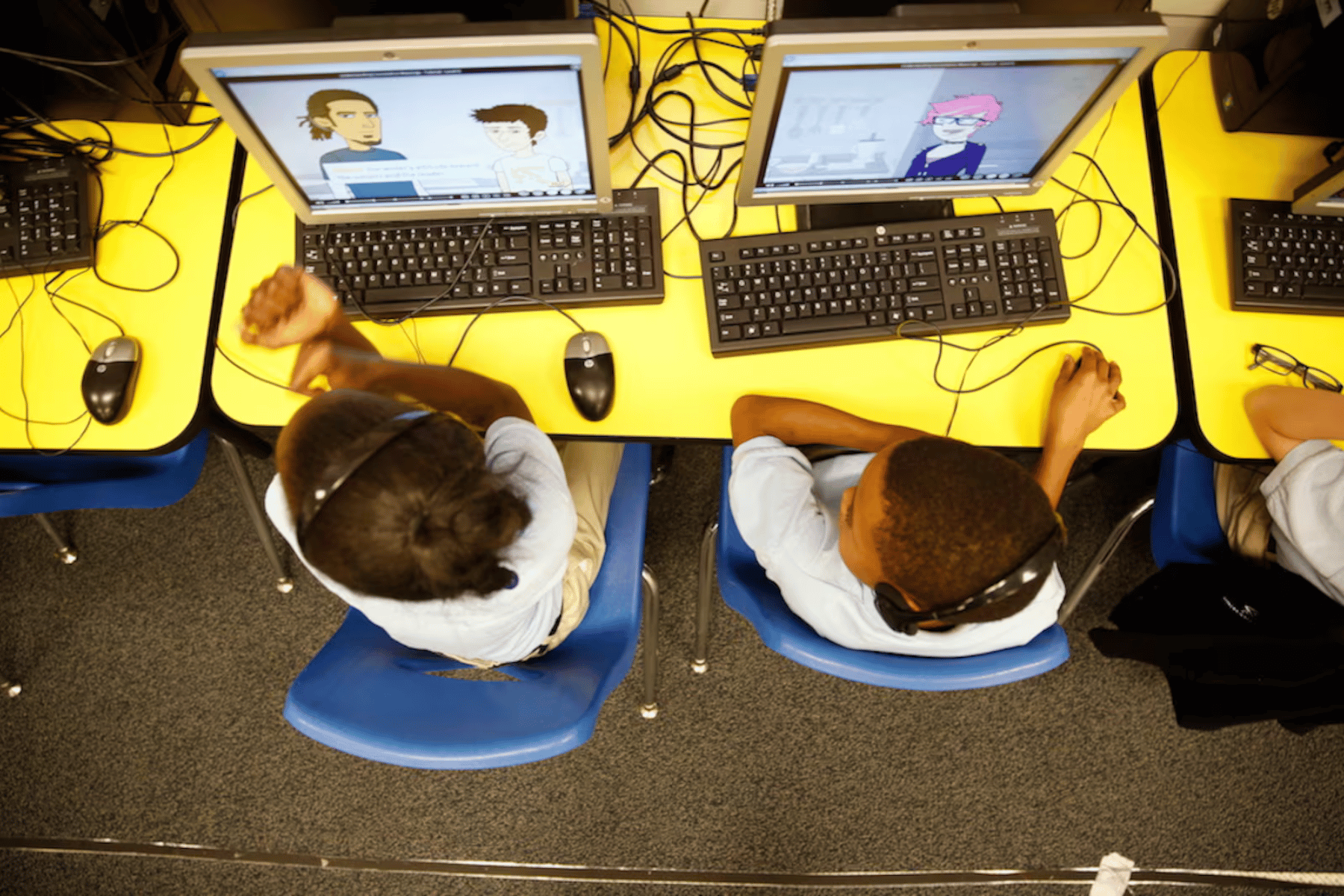
What may have been the most-watched case of this Supreme Court session came down not with a close vote or a sweeping decision, but with a more complicated and narrow ruling.
The Supreme Court ruled 7-2 in favor of the Lakewood baker Jack Phillips, who owns Masterpiece Cakeshop. The justices' deliberations focused on the Colorado Civil Rights Commission's handling of the case, University of Denver law professor Nancy Leong told Colorado Matters, and not, as many had expected, on the conflict between religious freedom and gay rights.
"This ruling doesn’t get to that fundamental tension at all really, it entirely hinges on these statements that were made by members of the Colorado Civil Rights Commission," Leong said.
The two statements in question came during the commission's hearings on the Masterpiece case in 2014. At one public hearing, a commissioner said Phillips could believe “what he wants to believe,” but those religious beliefs could not inform his business practices "if he decides to do business in the state.” At another hearing, a second commissioner said "...we can list hundreds of situations where freedom of religion has been used to justify discrimination." The commissioner cited slavery and the Holocaust.
"Had those statements not been made, this decision may have come out entirely differently," Leong said.
Justice Anthony Kennedy, the Supreme Court's most visible advocate for both the First Amendment and gay rights, sided with Phillips and wrote Monday's court's opinion. When the court heard arguments last year Kennedy firmly stated his disagreement with the Civil Rights Commission's treatment of the baker.
"It seems to me the state in its position here has been neither tolerant nor respectful of Mr. Phillips' religious beliefs," Kennedy told the counsel for the commission.
Because the Supreme Court focused primarily on the commission's process, the decision's reach is limited and even "anticlimactic," Leong said.
"The Supreme Court, what it really held, is the baker in this case wins because the process was tainted, because there were these comments that were hostile to religion," she said.
The ruling doesn't undermine Colorado's Public Accommodations Discrimination law, which extends protections to sexual orientation and gender identity, she said. While business owners and individuals with similar religious beliefs to Phillips "may feel emboldened today," she said, the Supreme Court's decision doesn't give them additional rights to refuse services.
"That doesn’t necessarily mean he has a license to refuse to serve," anyone he doesn’t want to serve in the future, she said.
Where the Masterpiece Cakeshop case may end up having the most future impact isn't in relation to gay rights, but to President Trump's so-called Muslim ban, Leong said.
The commission's negative comments about Phillips weighed heavily on the Supreme Court's decision, setting a legal precedent for the way rulings and laws are discussed to be taken into account. That's similar to how various federal judges have blocked the travel ban on the grounds that the president's statements during his campaign implied an intent based in religious discrimination, not national security.
"It might very well be the most important implication of this case," Leong said.








